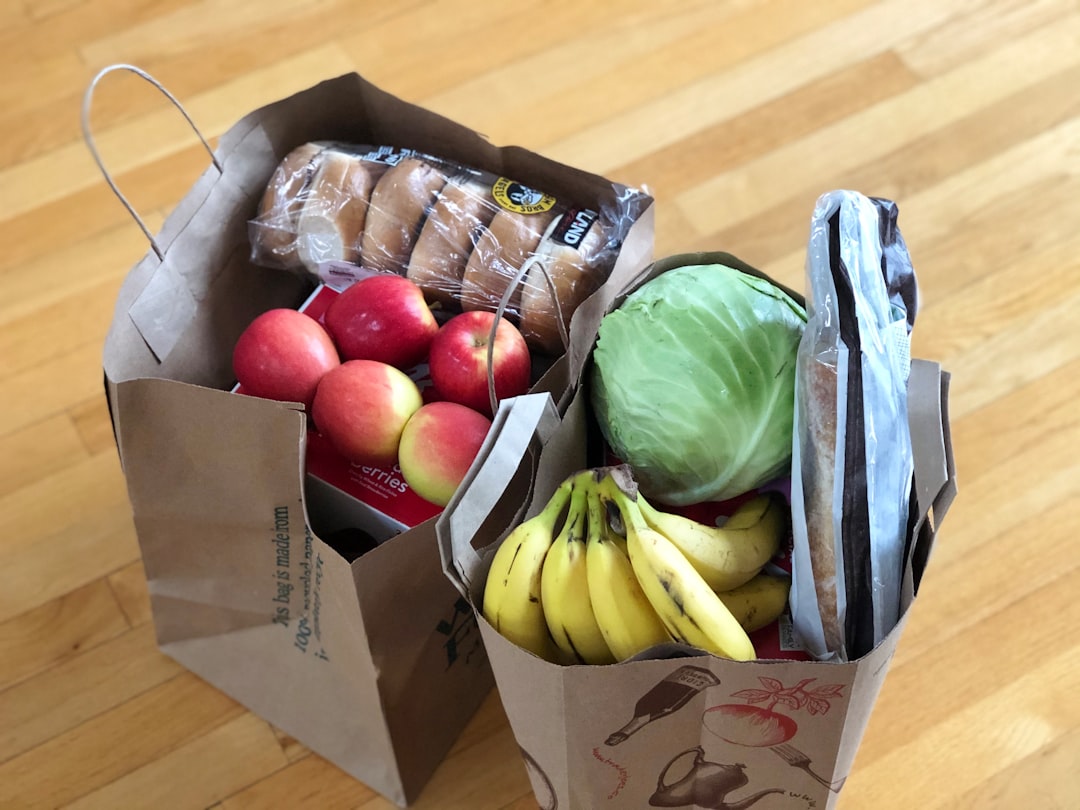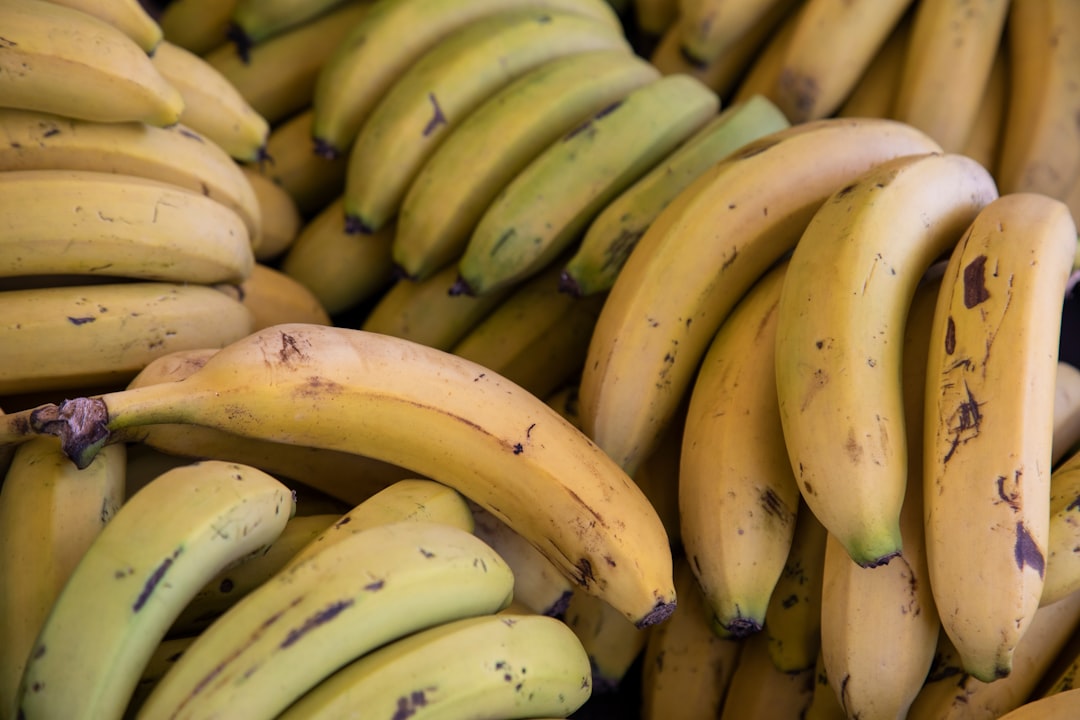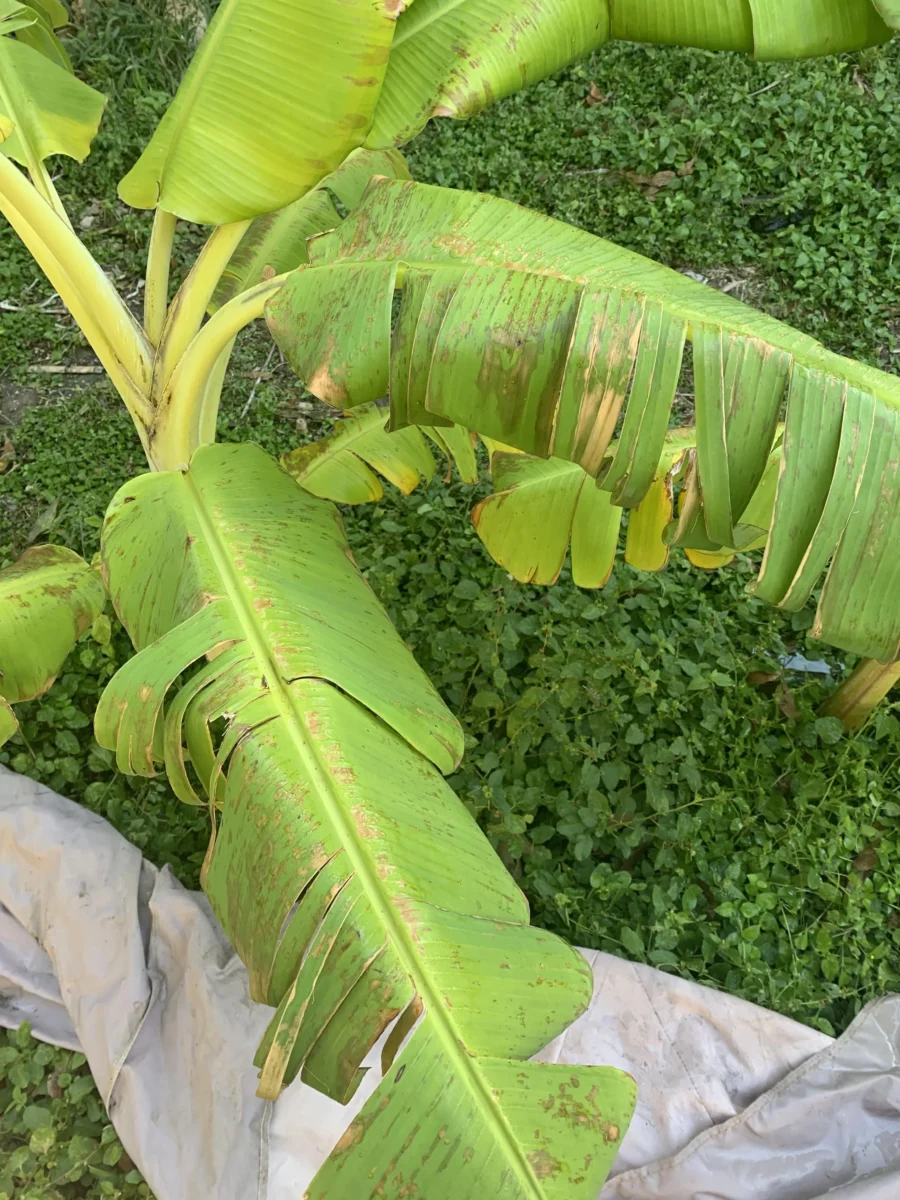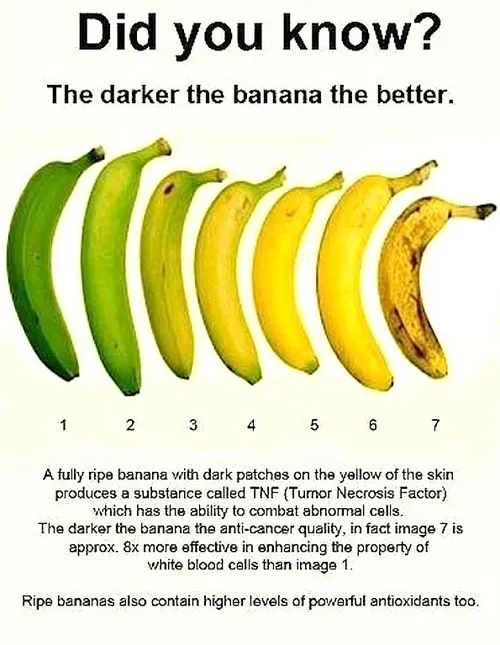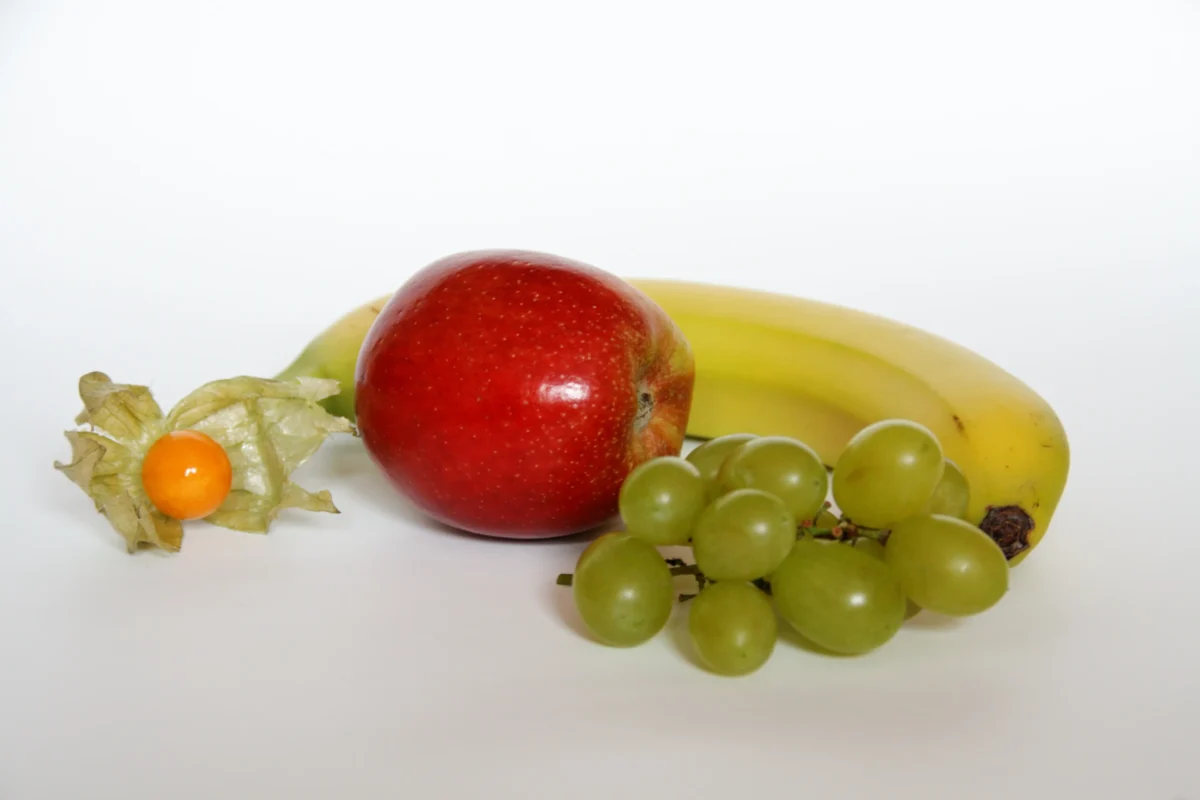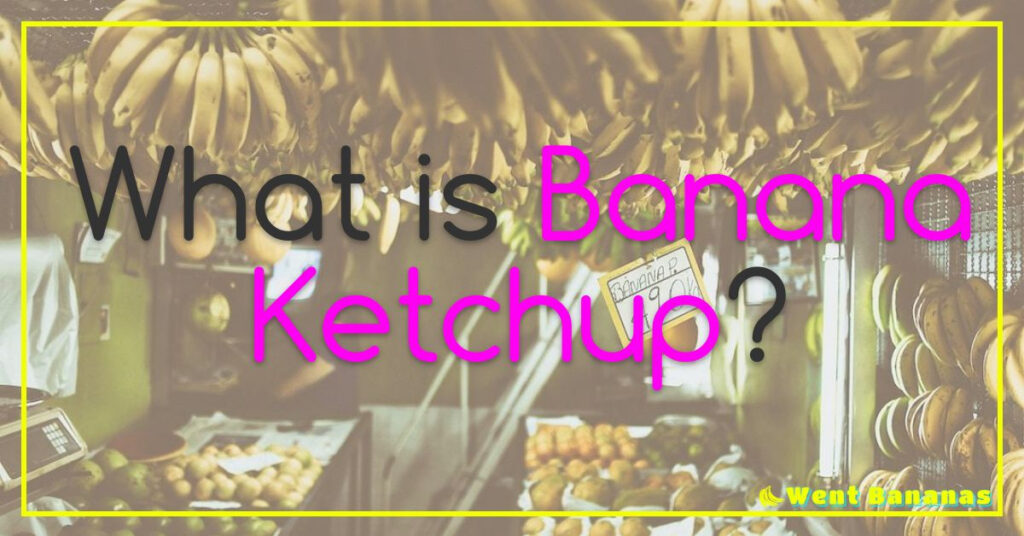Are you debating whether to offer your one-year-old a whole banana or just a slice?
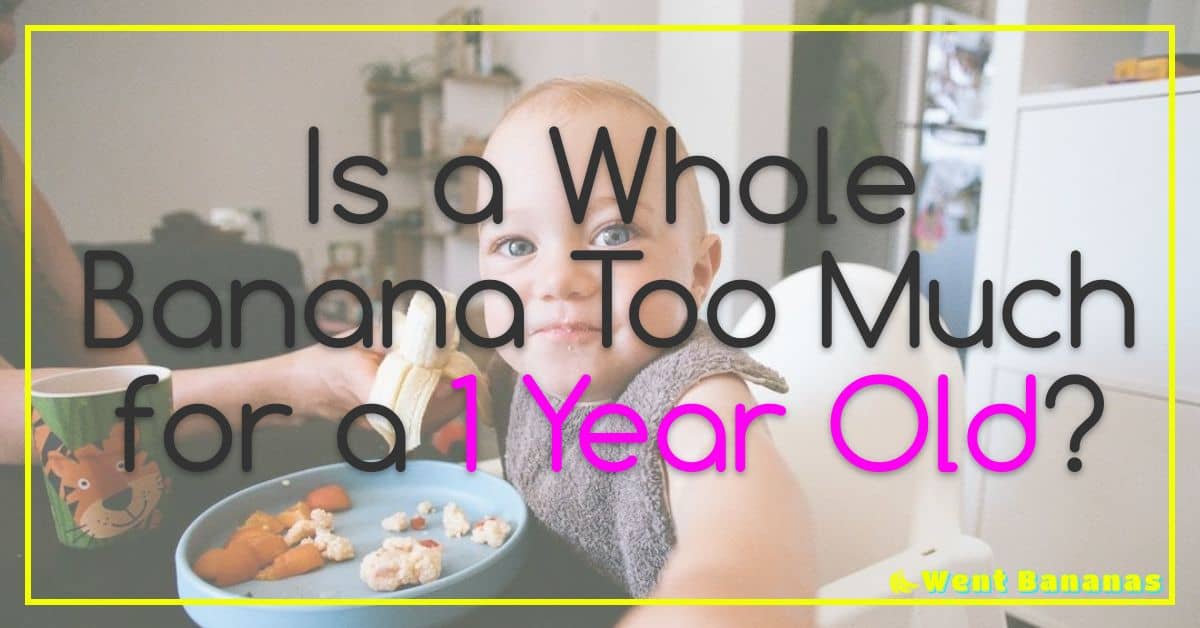
With the potential benefits and possible adverse effects, it pays to research the best option before proceeding. Knowing you’re making the right decision for your little one is invaluable – read on to discover more!
The Nutritional Value of Bananas
Bananas are an incredibly nutritious and versatile food item, providing a wide range of essential vitamins and minerals. Rich in dietary fiber, potassium, magnesium, and vitamins C and B6, bananas are an excellent source of energy that can be enjoyed by all ages.

For one-year-olds who have just begun to explore the world of solid foods, a whole banana may be too much to handle. At this age, it is important to ensure that any foods given are soft enough for small teeth to break down without difficulty.
Therefore introducing bananas in smaller portions such as mashed or pureed is recommended.
Additionally, incorporating a variety of other fruits into your child’s diet will help them develop a healthy relationship with food from the start whilst allowing them to benefit from the full range of nutrients available in other fruits as well!
Risks of Feeding Too Much Banana to a One-Year-Old
As a parent, it is important to be aware of the risks associated with feeding too many bananas to a one-year-old. While bananas are an excellent source of potassium and other essential nutrients, they can also contain large amounts of sugar if not consumed in moderation.
This could lead to weight gain and other health complications in young children.
Additionally, bananas can cause constipation or diarrhea due to their high fiber content. If your child is already struggling with these conditions, eating too many bananas can worsen the problem.
Excess intake of this fruit may also cause allergies or food sensitivity reactions in some children. Therefore, it’s best to limit the amount of bananas your little one consumes on any given day for their own safety and health.
Strategies for Introducing Bananas to a One-Year-Old
Introducing bananas to a one-year-old can be a tricky endeavor. While it is incredibly nutritious and packed with vitamins and minerals, some parents may worry that the whole banana is too much for their child’s developing digestive system.
Therefore, it is important to have strategies in place when introducing bananas. One approach could be to start by offering the banana in small pieces. This will allow your child to get used to the flavor of the fruit without overwhelming them with a large quantity at once.

Additionally, you can also mash or puree the banana if your baby prefers softer textures.
The key is to provide different serving options for your little one so that they don’t become overwhelmed or bored with just one option every time they receive a banana snack.
You can also mix up other fruits such as apples and pears into small pieces or mashed form so that your baby gets an assortment of flavors and textures during mealtimes!
Alternatives to Whole Bananas for Young Children
For young children, a whole banana can be a lot to handle. Luckily, there are many alternatives to whole bananas that can provide the same nutritional benefits for kids.
For example, mashed or pureed bananas can make an excellent snack for toddlers and young children who may not have the dexterity to peel and eat a banana by themselves.
Additionally, frozen banana slices are a great way to get kids excited about eating fruit while still providing them with essential vitamins and minerals. Finally, cutting pieces of banana into smaller bites is an easy way to help young children manage their portion size without compromising on taste or nutrition.

« Is Banana Ripening a Chemical Change?
How to Get Rid of a Rotten Banana Smell »
With these creative alternatives, it’s easy for parents to introduce their little ones to the health benefits of eating bananas without overwhelming them with too much food at once.
Conclusion and Summary
In conclusion, a whole banana may be too much for a one-year-old to handle. The texture and size of the fruit can be difficult to eat, and it is important to ensure that the child is not choking on any pieces.
It may be better to cut the banana into smaller pieces or mash it up before giving it to a one-year-old. Additionally, parents should supervise their children while they are eating and make sure that no large chunks of food get stuck in their throats.
Ultimately, when it comes to feeding a one-year-old, caution should always be taken as they are still developing and small enough for choking hazards.




